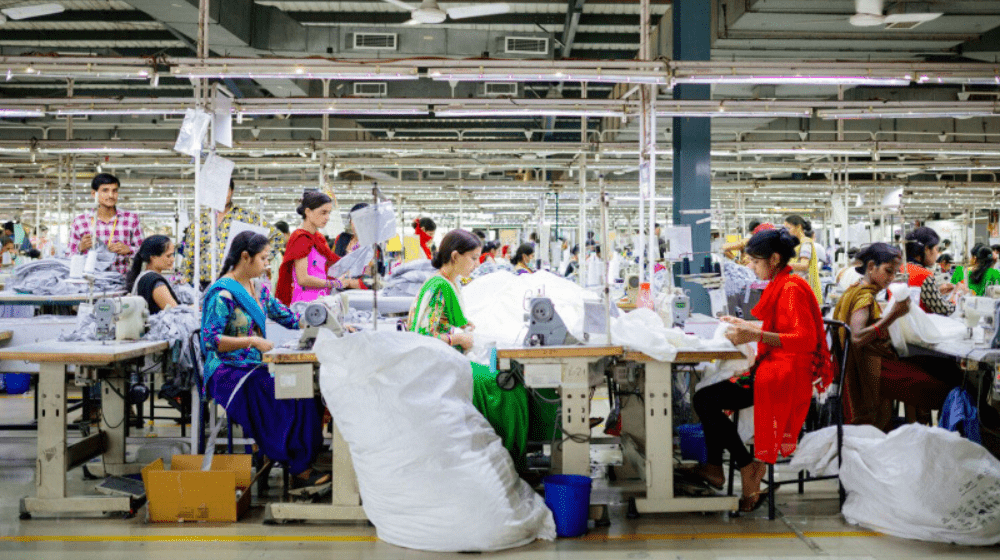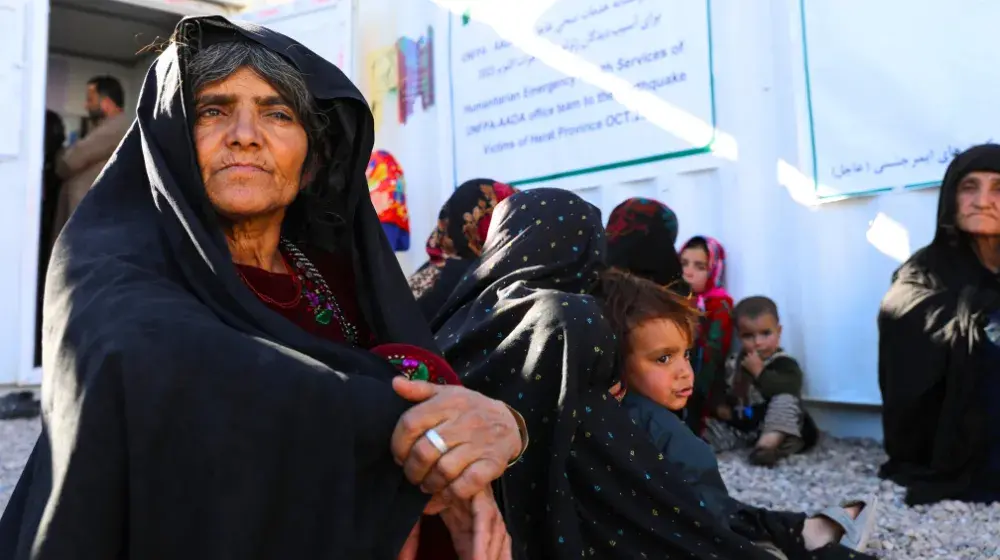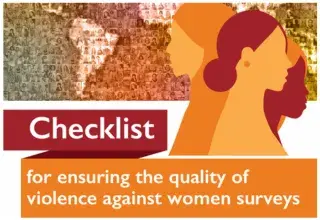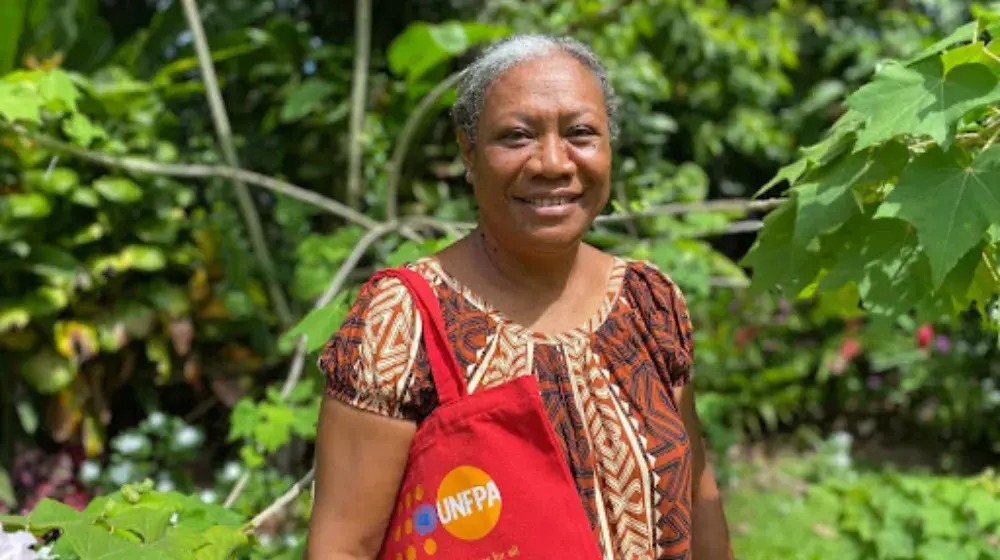Bangkok/New Delhi, 4 September 2024: Across Asia and the Pacific, millions of women are employed in the garment and manufacturing sectors – the majority are young, often migrants, and from low-income families with limited access to healthcare and education. These issues are compounded by a lack of access to comprehensive sexual and reproductive health services, which directly affects their health, job retention, and productivity.
As the world marks Sexual Health Day, UNFPA Asia-Pacific calls on businesses across the region to prioritize investments in sexual and reproductive health and rights, particularly in labour-intensive sectors such as garment and textile factories. Evidence shows that supporting women’s sexual and reproductive health and rights in the workplace can drive significant economic and productivity gains, while fostering healthier, more engaged employees.
UNFPA’s Return on Investment Tool (ROI-T) provides businesses with a concrete framework to assess the financial returns of investing in sexual and reproductive health and rights in the workplace. The tool demonstrates that workplace programmes addressing women’s health issues – including menstrual health, anemia and sexual and reproductive health – offer health improvements and significant cost savings for companies.
UNFPA has trained 75 private sector companies in the Philippines to provide family planning sessions for female employees, developed awareness-raising resources for trainers on gender-based violence in South Asia’s largest lingerie manufacturing factory based in Sri Lanka, and is collaborating with garment manufacturers in Bangladesh to ensure workers have access to essential health services.
"Businesses that invest in the health and well-being of their employees are positioning themselves for long-term economic success. The data is clear: when women’s sexual and reproductive health needs are met, companies reap substantial financial rewards, creating a win-win scenario for both businesses and their employees, with improved productivity, reduced absenteeism and staff turnover, and overall employees’ job satisfaction,” said Mr. Pio Smith, UNFPA Regional Director for Asia and the Pacific.
One compelling example of the economic and social benefits of investments in sexual and reproductive health and rights is at Shahi Exports, India’s largest apparel manufacturer, where its Project Pravah, a menstrual health initiative, has provided support to the needs of its predominantly female workforce.
The latest case study, ‘The Health and Economic Benefits of Investing in a Menstrual Health Programme in the Workplace,’ was developed to assess the benefits of Project Pravah and, by using the ROI-T, to demonstrate the financial benefits of expanding the project to one additional Shahi factory.
By providing biometric-enabled sanitary pad vending machines and delivering comprehensive awareness training on women’s health issues, Shahi witnessed a 22 per cent increase in the use of sanitary pads and a 15 per cent decrease in women feeling unwell during their menstrual cycle. Based on ROI-T projections, the estimated return should Shahi decide to expand the project to another one of its factories is US$2.90 for every US$1 invested.
"As an employer of over 100,000 employees, 70 per cent of whom are women, Shahi understands the unique health and well-being needs of our workforce. Recognizing the direct impact on personal and professional development, we've adopted a systemic and evidence-based approach towards- worker well-being. By collaborating with researchers and global organizations, we have designed and conducted test interventions to scale up programmes that truly address the diverse needs of our employees, with a special focus on women’s health and well-being” said Deepak Rautela, Associate Vice President of Organizational Development at Shahi.
UNFPA’s ROI-T underscores the economic viability of such programmes and serves as a tool for companies to calculate their own potential benefits from similar investments.
"Working in partnership with UNFPA, we have been able to design programmes that prioritize the health and well-being of women in the workforce, making a measurable difference in employee well-being, especially women's health, and businesses benefits from such investments," added Lavanya Garg, Director, Partnerships and People Operations from Good Business Lab.
As the United Nations sexual and reproductive health agency, UNFPA advocates for companies across the region, and beyond, to take action by leveraging the use of the ROI-T and adopting sexual and reproductive health and rights programmes that can generate lasting health and economic benefits.





